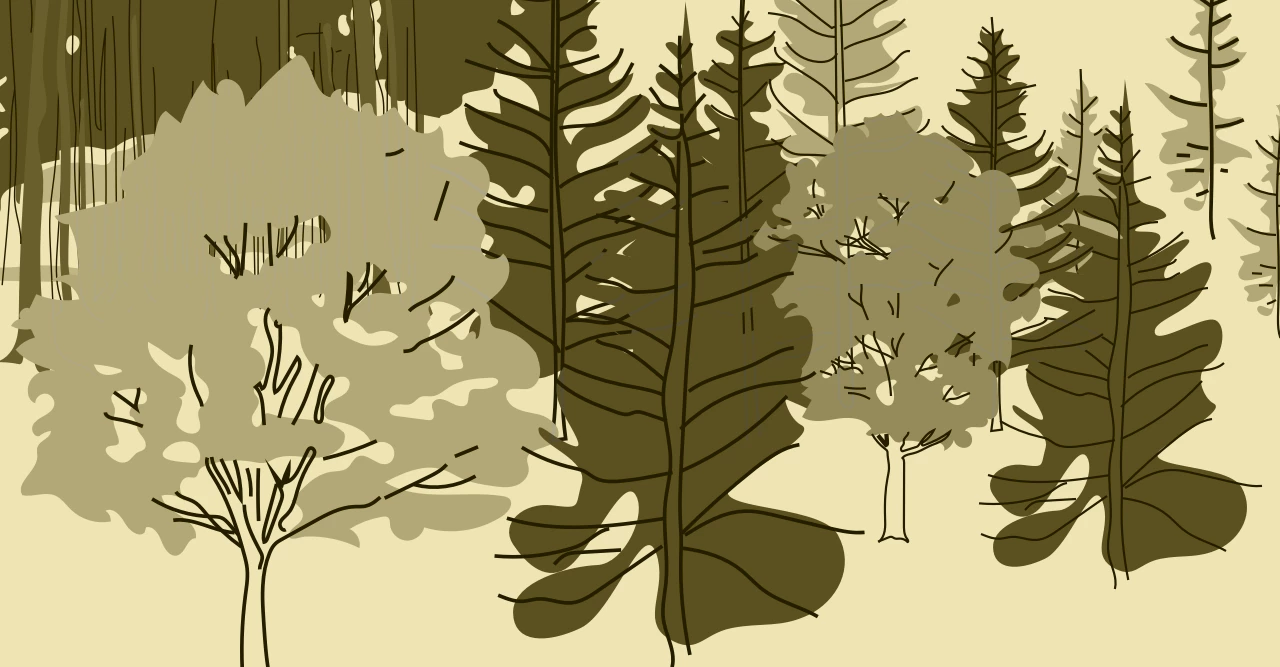Upscaling route-map - Croatian & Serbian border river floodplain demonstration area

Based on the SUPERB cross-border demo area in riparian forests of Serbia and Croatia, the guidance highlights how site-level work, such as converting vulnerable poplar monocultures into diverse native forests (with species like pedunculate oak), can contribute to long-term ecological goals, including climate adaptation, biodiversity conservation and improved ecosystem services like flood regulation and carbon storage.
This document focuses on demonstrating effective forest restoration strategies to enhance biodiversity, ecosystem services and forest resilience in riparian and floodplain forests. It involves restoration of these forests, mainly through conversion of poplar plantations into mixed-species forests using native species such as Quercus robur L., Fraxinus angustifolia Vahl., Prunus sp. and Sorbus sp. This document is directly linked to SUPERB WP7 tasks related to the practical implementation of forest restoration techniques, real-time demonstration activities and continuous monitoring of restored forests to assess ecological improvements and resilience outcomes. Additionally, the publication contributes to upscaling potential by providing insights and methodologies that can be applied beyond the initial demonstration area. In collaboration with public forest management enterprises in Serbia and Croatia, the project showcases scalable approaches that can be adapted to other regions (whilst addressing site-specific needs while promoting sustainable forest management, resilience and ecosystem services improvement). This document therefore provides practical insights to enhance forest restoration efforts whilst ensuring sustainable management and a lasting legacy of biodiversity conservation and climate adaptation.
- Active Restoration
- Implementation
- Planning & Upscaling
- Landowners & Practitioners
- Planners & Implementers
- Policy Actors
- Climate change mitigation
- Tree species/functional diversity
- Wood and biomass production
- Continental
- Croatia
- Serbia
- 2025

